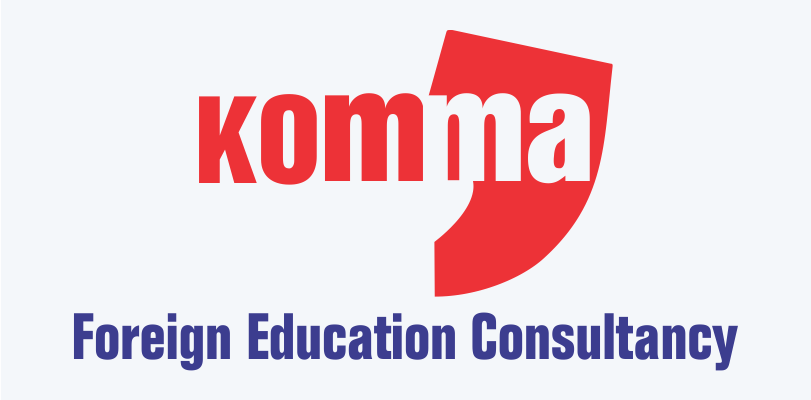WHY STUDY MEDICAL IN RUSSIA?
Study in Russia: Every year thousands of students appear for various entrance tests of engineering and medical to become engineers or doctors. But not all are able to make up to a good engineering or medical colleges. One should not loose hope at this point and try again to clear the exams. There is also another viable option of studying engineering and medicine that does not require any entrance examination but is recognised and valid degree programme. This is pursuing engineering or medical study in Russia. Russia has always been ahead in the field of education and more specifically medicine and engineering. Studying in Russia is easy, cheap and flexible. No donations are to be paid to the universities in Russia. It probably has one of the best education systems in the world producing a literacy rate (98%) exceeding most Western European countries. Education is split into a compulsory Basic Education and Higher Education.
WHAT ATTRACT INDIAN STUDENTS FOR HIGHER STUDIES IN RUSSIA
What attracts the young people so much from many different countries of the world to the Russian education? The most popular answer is good value for money. The study of international students at Russian state universities is subsidized by the Russian government by 50%. The foreign student pays for his tuition partially - 50% of actual cost of education. Average tuition fees per academic year amount to 3500 - 4500 US $ depending on the speciality, university, language of instruction and city. Average accommodation fees at university hostel amount to 30-50 US $ per month, the cost of life and health insurance is 100-160 US $ per year. Monthly expenses for meals amount to 80-100 US $ on an average.Eventually average annual expenses of a student for tuition, accommodation, insurance and meals in Russia amount to 4500-5500 US $. This is precisely why higher education in Russia is affordable for many young people of the Globe. Due to the conditions provided by the Russian government tens of thousands of foreign students have the possibility to get qualified in Russian higher education at affordable prices in more than 500 medical, engineering, technical specialities and humanities.
Cost of Living in:
How expensive is life in Russia?
We estimate it costs a minimum of $300 - $400 / month to cover living costs in Russia. Day to day living costs in St Petersburg and Volgograd are slightly lower than in Moscow, although provided you avoid ex-pat hang-outs in Moscow, the cost of living here is still a lot lower than in the West. The prices below should only be considered a rough guide (take the upper limits for Moscow and the lower limits for Volgograd, with St Petersburg somewhere in between):
Eating, Drinking and Dining: Your weekly grocery bill is likely to be around $40-80 per person (all prices are in USD). You can buy a fairly decent three-course meal out for about $20 per person. If you eat out at lunchtime during the week, you can get a three-course business lunch for around $5. A 0.5 l glass of beer costs on average $2.
Evening Entertainment: A ticket to an English-language cinema costs $10, but you can see films in Russian for $5 or less. Theatre, opera and ballet tickets can cost as little as $3 but expect to pay $10 - $20 for decent seats. Entrance to museums and art galleries can cost anything from 50 cents to $10, depending on the place and what discounts you can get. Cover charges for nightclubs, if there is one, usually average is about $5 - $10.
Transport: A monthly metro pass costs between 250 roubles ($8) and 500 roubles ($16). Bus, tram and trolleybus tickets cost 10 - 50 cents (for one journey, irrespective of length). Trips and Excursions: Day trips to Golden Ring towns can be arranged independently for $10 - $20. Train travel in Russia is extremely good value (a 3rd class ticket from Moscow-St Petersburg costs about $12). Outside Moscow and St Petersburg it is usually possible to arrange accommodation for $20 - $30 per night, although that may mean Soviet-style hotels where service and decors leave a lot to be desired.
Clothes: It is worth buying winter items (hat, scarf, big coat, fur-lined boots) here, as they are better value than in the West and are more suited to the Russian climate. However, other clothes tend to be poorer quality for higher prices, so we recommend you do your clothes shopping before you arrive.
If you want to make long-distance telephone calls you should use international phone cards that offer very good rates: a $20 card lasts almost 2 hours when calling Europe and America from Russia. Any calls you make within the city you are living in will be free of charge.
How is it best to bring money?
Although many prices are listed in US Dollars or Euros (including on this website), the only currency accepted in Russia is the Russian Rouble. The Rouble cannot currently be purchased outside Russia, so we recommend bringing cash cards/credit cards to withdraw money from ATMs (which are common in major cities). As back up, it is advisable to bring cash US Dollars (in good condition, with no creases or tears), which can be exchanged at exchange points all over the city, many of which are open 24 hours a day. Travellers' cheques tend to be less convenient as few banks exchange them.
